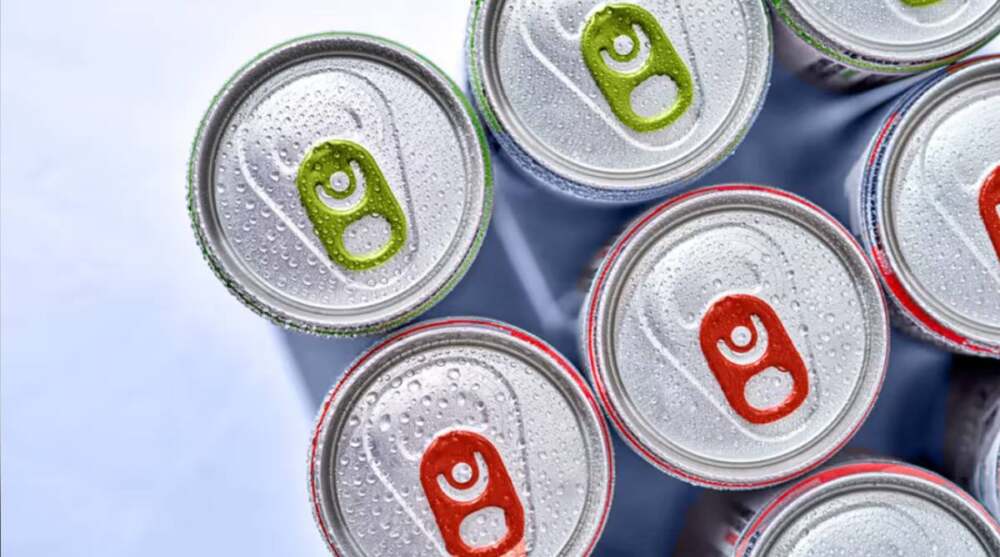A new scientific study has cast doubt on the long-held belief that diet soda is a harmless alternative to sugary soft drinks. Researchers have discovered that people who consume diet sodas regularly may face a higher risk of developing fatty liver disease, even if the drinks contain no calories or sugar. The findings are prompting experts to reconsider how “zero-sugar” beverages affect long-term liver health and metabolism.
The Research and Its Key Findings
The study, which followed more than 100,000 adults over a decade, analyzed the impact of both sugar-sweetened and artificially sweetened beverages on the risk of metabolic dysfunction-associated steatotic liver disease (MASLD)—the medical term that has recently replaced nonalcoholic fatty liver disease (NAFLD).
Researchers found that drinking one or more cans of diet soda a day was associated with a noticeably higher likelihood of developing fatty liver disease. Even though diet sodas contain artificial sweeteners instead of sugar, the liver appeared to respond unfavorably to their chemical composition. In fact, the study found that the risk increase was even greater for diet soda drinkers than for those who consumed traditional sugary sodas in moderate amounts.
The researchers also noted that participants who replaced diet sodas with water showed a significant reduction in liver-related risks, reinforcing the idea that cutting back on all sweetened beverages—whether diet or regular—can benefit liver health.
Possible Reasons: How Diet Soda Might Affect the Liver
While the study did not prove direct causation, scientists offered several theories about how diet soda could contribute to liver damage:
- Disruption of Gut Bacteria
Artificial sweeteners such as aspartame and sucralose may alter the gut microbiome. These changes can increase inflammation, disturb metabolism, and indirectly harm liver cells over time. - Metabolic Confusion
Even though diet sodas contain no calories, the body’s response to their sweet taste may still trigger insulin release or other metabolic reactions. This “confusion” can lead to fat buildup in the liver. - Increased Appetite and Caloric Intake
People who regularly drink diet soda might compensate by eating more high-calorie foods later, under the impression that they have saved calories. Over time, this can promote weight gain and metabolic stress. - Inflammation and Oxidative Stress
Artificial sweeteners and other additives can generate oxidative stress in liver tissue, leading to inflammation that contributes to long-term liver damage. - Altered Fat Metabolism
Studies suggest that long-term exposure to sweeteners may interfere with the liver’s ability to properly process fats, resulting in accumulation of fat droplets in liver cells.
Broader Context: Diet Soda’s Complicated Health Record
Diet sodas were introduced as a healthier alternative to regular soft drinks decades ago. They became popular among people trying to reduce calorie intake or manage diabetes. However, research over the past several years has painted a more complicated picture.
Several studies have linked artificial sweeteners to weight gain, insulin resistance, and changes in gut health. This new study adds another dimension, suggesting that even in the absence of sugar, these drinks may place long-term stress on the liver.
While sugary sodas are known to directly contribute to obesity and liver fat buildup through excess fructose, diet sodas might cause more subtle but equally harmful metabolic effects.
Limitations and Cautions
Researchers caution that these findings are observational, meaning they show an association rather than proof that diet soda directly causes liver disease. Other lifestyle factors—such as diet, exercise, alcohol use, and body weight—may also influence outcomes. However, even after adjusting for these factors, the link between diet soda and fatty liver disease remained statistically significant.
Experts emphasize that occasional consumption is unlikely to cause harm, but daily intake may carry long-term risks, particularly for individuals already prone to metabolic conditions like diabetes, high blood pressure, or obesity.
What Consumers Can Do
For those who enjoy the taste or habit of soft drinks, experts recommend making gradual changes:
- Limit all sweetened beverages, whether sugar-based or artificially sweetened.
- Drink more water, herbal teas, or sparkling water with natural flavors instead.
- Eat a balanced diet rich in fiber, fruits, vegetables, and whole grains to support liver health.
- Exercise regularly, as physical activity helps the liver process fat more efficiently.
- Monitor liver enzymes during routine medical checkups if you consume soft drinks frequently.
These simple lifestyle adjustments can help reduce the risk of metabolic dysfunction and liver-related complications.
The Bigger Picture
This new study serves as a reminder that “sugar-free” doesn’t always mean “risk-free.” Artificially sweetened drinks may avoid the calorie load of sugary beverages, but their effects on metabolism and organ function are far from benign.
The findings also come amid rising global rates of fatty liver disease, a condition now estimated to affect nearly one in three adults worldwide. If diet sodas are found to play even a small role in this epidemic, the implications for public health could be substantial.
Scientists stress that more controlled clinical research is needed to fully understand the biological mechanisms at play. However, the evidence already suggests that moderation—and a return to simpler hydration habits—could make a meaningful difference for long-term liver health.















Leave a Reply